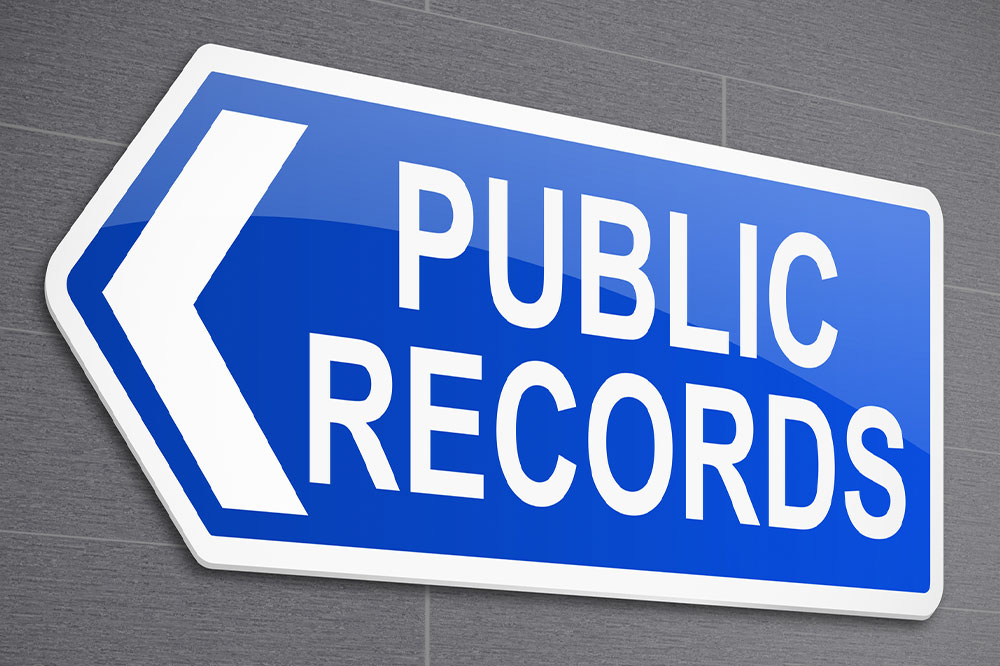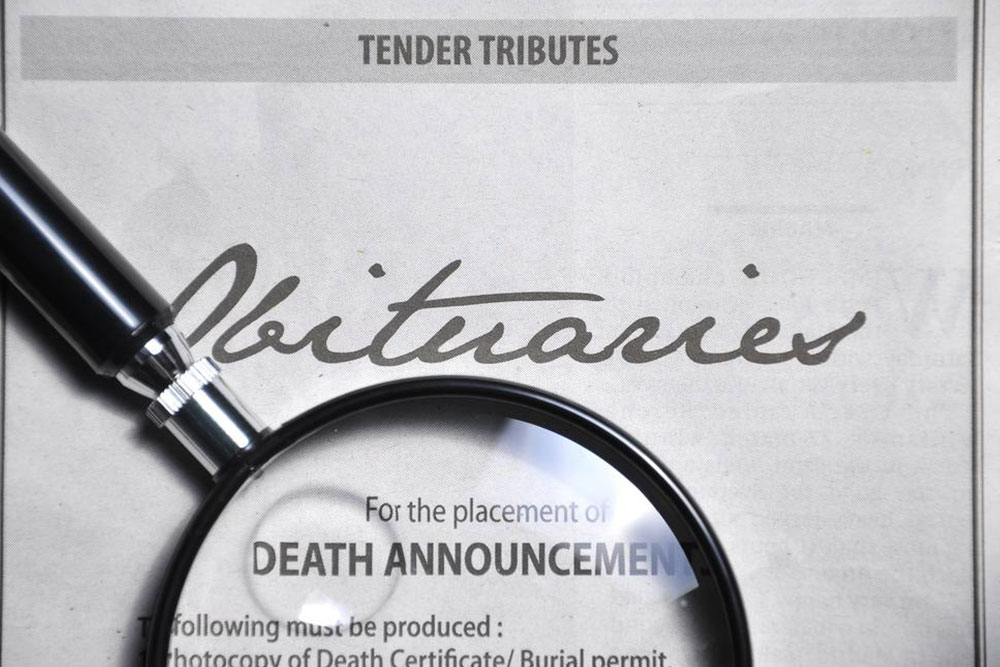Types of Archive Users and Their Interests
Explore various types of archive users including researchers, students, enthusiasts, and institutions. Discover how digital and physical archives serve different communities with important historical, cultural, and organizational records. Understand access requirements and the role of nonprofit, government, film, religious, corporate, and educational archives in preserving history and information.

Understanding Archive Users
Archives serve as repositories for vital documents, historical records, and references across diverse fields. These collections are generally accessible to the public, often requiring membership or permissions for certain materials. Access is typically granted to registered users who meet specific criteria set by the hosting institution. Various types of archives exist, each catering to different audiences and purposes.
Online archives: Advances in digital technology have enabled online access to collections. Web archiving involves gathering web-based information, which is then organized for easy retrieval. Automated software tools now regularly update these digital archives.
This digital transformation aids researchers and the general public in accessing valuable information remotely.
Non-profit collections: Managed by NGOs and societies, these archives rely on donations and private funds for maintenance. They serve educational and community interests.
Film repositories: Housing cinematic works from past eras, film archives are often country-specific. Filmmakers, students, and film enthusiasts frequently utilize these resources for research or inspiration.
Other enthusiasts can also access these archives.
Religious archives: Church collections include architectural plans, photographs, manuscripts, oral histories, audiovisual recordings, and historical records related to religious communities.
Government archives: Maintained by local and national authorities, these collections are generally open to the public, including researchers, historians, journalists, and genealogists seeking official records or historical data.
Corporate archives: Private companies maintain these collections to preserve their history, record administrative information, and store business-related documents. Access is typically limited to employees or authorized personnel.
Educational archives: Universities and colleges retain these collections for academic purposes, including research, educational projects, and institutional history. Access often requires prior appointments.
Important Notice:
Our blog covers a wide range of topics, providing readers with informative and practical content based on thorough research. Please note, these articles are for informational purposes only and should not be seen as definitive sources. The team is not responsible for discrepancies or inaccuracies found elsewhere. Additionally, some deals or programs discussed might not be included here.





